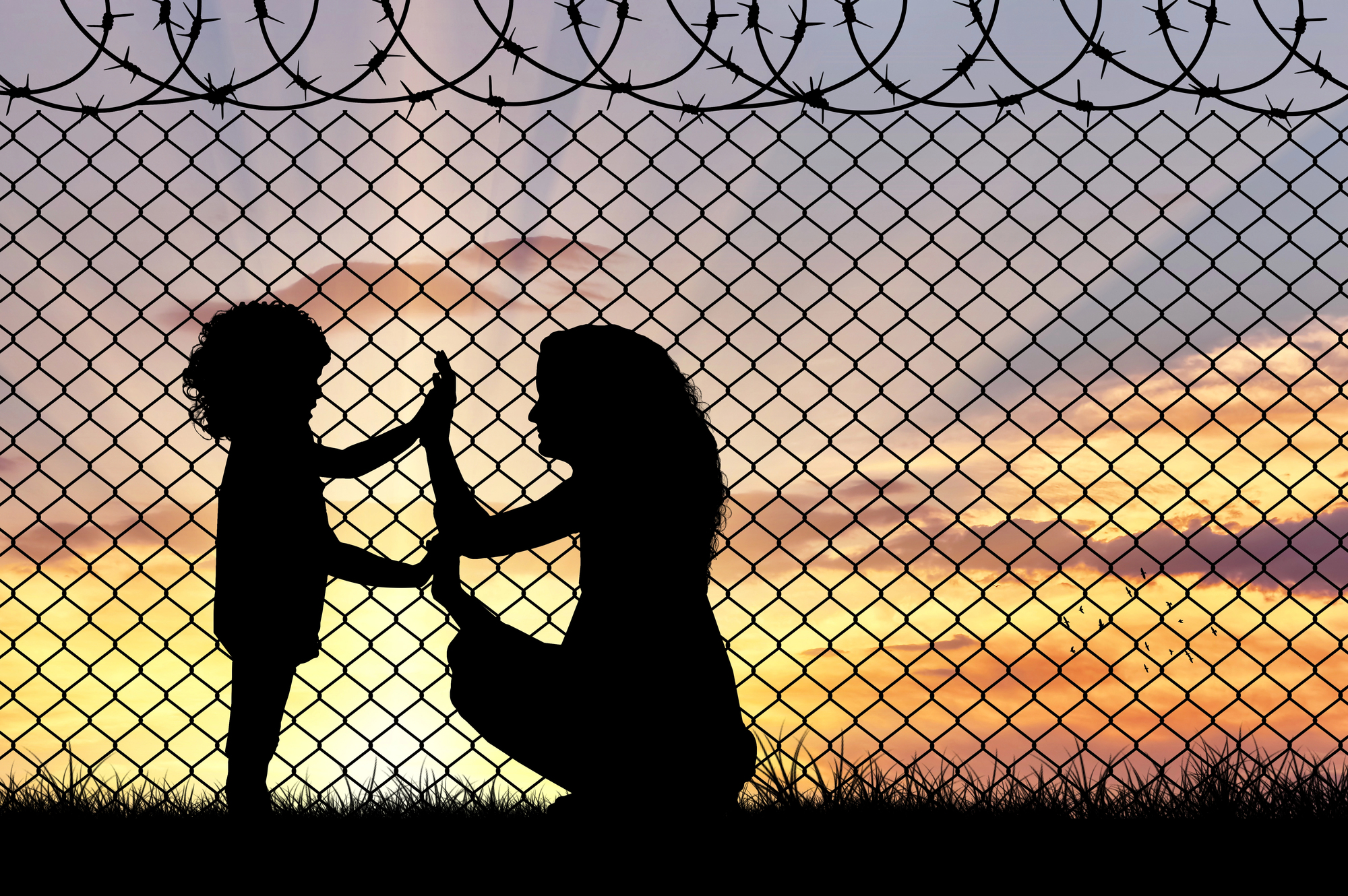EDITOR’S CORNER
Too often in this country, this culture, and this world, someone’s humanity is determined and defined by those with authority. By habit, by law, by practice. By power—who holds it, and who doesn’t. Those with little or none are subjected to mandates that lead to trauma, then more mandates that lead to more.
Consider the difficulties and inequities experienced by families and children in various forms of distress. In the past, I’ve posted Around the Webs and Editor’s Corners considering the impact of childhood trauma, loneliness, racism, poverty and food insecurity, and other socioeconomic factors in shaping mental health—and the boost provided by unconditional cash payments.
 As I’ve said before, none of this is remotely surprising. It’s obvious. But so is the role played by established systems that are innately hierarchical, built on the empowerment of some people at the diminution of others. That’s the basis of the Diagnostic and Statistical Manual and the current psychiatric paradigm of care, after all: people with power putting those without it into dehumanizing categories, defining them and lessening their status as individuals with merit in society.
As I’ve said before, none of this is remotely surprising. It’s obvious. But so is the role played by established systems that are innately hierarchical, built on the empowerment of some people at the diminution of others. That’s the basis of the Diagnostic and Statistical Manual and the current psychiatric paradigm of care, after all: people with power putting those without it into dehumanizing categories, defining them and lessening their status as individuals with merit in society.
This same storyline plays out in justice and immigration policy, which too often sees families as less-than and tears them apart, causing incalculable harm. In my latest ATW post, I linked to an opinion piece in the Daily News arguing against the separation of immigrant kids from their parents. As the authors write: “According to the Children’s Health Fund (CHF), children separated from their families are at an increased risk of developing post-traumatic stress disorder (PTSD), depression, anxiety, substance use disorders, and suicidality. One study found that symptoms persisted after children were reunited with their families. Some children who were reunited with their parents exhibited behaviors such as crying, loss of appetite, nightmares, difficulty sleeping, and recurring feelings of fear.”
All of this happens because dehumanization is built into institutional structures, reinforcing discriminatory attitudes with practices long in place. Racism and other forms of bigotry are habitual at so many levels of society, within so many bastions of power: police, judicial, medical, political. It’s far too easy to look at someone, whether a child or adult, and see not a person needing help but a problem to be corrected.
And once someone is seen as a problem, little or no thought is given to how their correction would hurt them. All that matters is the “solution” itself.
So that person having a psychotic break? Put them on a gurney, and jab them with drugs. That unhoused guy sleeping in a tent? Tear it down. Those refugee parents and kids at the border, fueled by hope? Tear them apart. And that poor family who makes it to New York City and wind up crammed into a room? Pull the kids out, and put them elsewhere.
The crushing trauma of such decisions somehow escapes the notice of those in power.
But maybe—wait for it—they could see people in a different light: as actual humans. And they could then take a different course, weighing the person’s needs and prioritizing their best interests on the path forward. This can happen. It does happen, occasionally. But for it to happen more often, two basic, imperative questions need to be asked and answered by those at the top of the ladder, looking down:
Do you want to help people in need? Or do you want to hurt them?
—Amy Biancolli, Family Editor












Thanks for speaking out about this
Being raised in a culture of abuse and denial we see it as normal, and those who speak out against it as the ones having “issues” that need “treatment”.
A view propagated and endorsed by those with a commercial interest in the current system of victim blaming, incarceration and sedation.
Enquiries, reports and commissions come and go and the situation remains ..commodification and monetisation of recovery has led us to this point and inertia and vested interests ensure we remain here.
Report comment